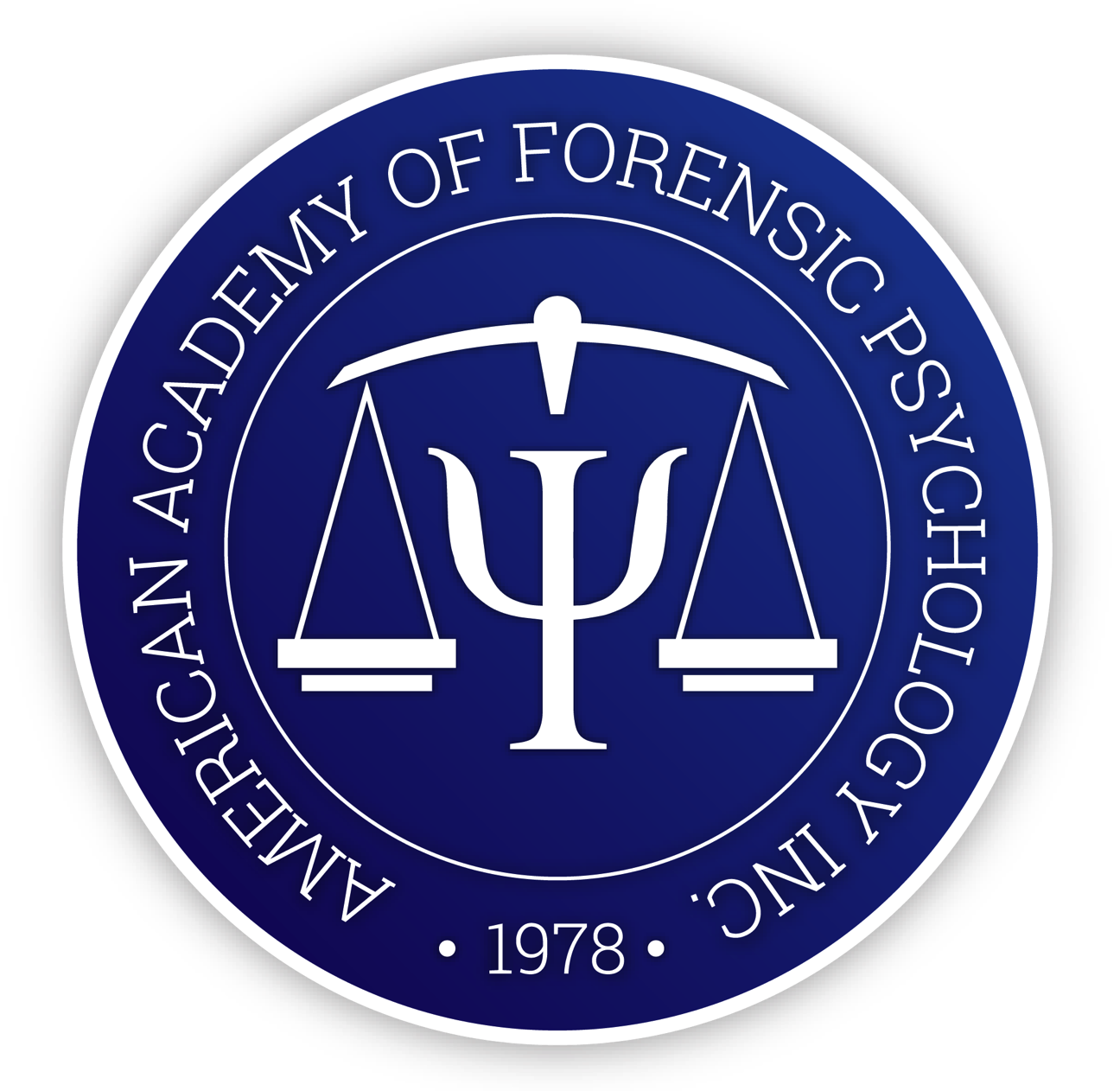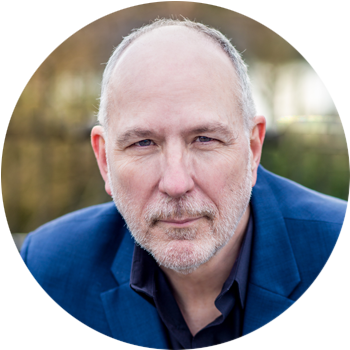4 hours | 4 CEs
This on-demand professional training program on Conducting Forensic Evaluations Using Videoconferencing Technology is presented by David M. Corey, PhD, ABPP & Randy Otto, PhD, ABPP, in partnership with the American Academy of Forensic Psychology (AAFP).
The term “telehealth” has been in the lexicon for over a quarter of a century, and the delivery of therapeutic services has increased significantly during this time. But only recently have psychologists and psychiatrists routinely conducted forensic evaluations remotely, typically employing synchronous videoconferencing technology.
This program addresses a number of issues surrounding the conduct of forensic psychological and psychiatric evaluations via videoconferencing technology. Benefits and limitations of conducting forensic evaluations via teleconferencing, advantages, and disadvantages of platform features, general evaluation practices, psychological testing practices, relevant practice guidelines, specific ethical issues, possible legal challenges, and how to document and communicate about the use of this technology in forensic reports and testimony.

Intended Audience
This on-demand professional training program is intended for mental health and other allied professionals

Experience Level
This on-demand professional training program is appropriate for beginner, intermediate, and advanced level clinicians.

CE / CPD Credit
APA, ASWB, CPA, NBCC Click here for state and other regional board approvals.
Learning Objectives
Upon completion of this program you will be able to:

Describe a minimum of six benefits and six limitations of conducting forensic psychological and psychiatric evaluations using videoconferencing technology

Describe five best practices relevant to conducting forensic evaluations using videoconferencing technology

Describe a minimum of four ethical obligations that are particularly applicable to and shape how forensic evaluations should be conducted when using videoconferencing technology

Describe and effectively respond to legal challenges most likely encountered when conducting forensic evaluations using videoconferencing technology

Curriculum
1. Introduction
2. User Satisfaction, Efficacy, and Frequency
3. Practice Guidance
4. Case Problems
Develop a Specialty Area of Practice
Transforming mental health professionals into experts
Expert Instructors
Professional training developed and delivered by the field's leading experts

CE Credit
Earn CE credit for meaningful professional training that will elevate your practice
Convenience & Flexibility
Learn at your own pace, from wherever you might be!
Program Partner
American Academy of Forensic Psychology (AAFP)
We are proud to partner with the American Academy of Forensic Psychology (AAFP) for this training. AAFP is a non-profit organization of board-certified forensic psychologists whose mission is to contribute to the development and maintenance of forensic psychology as a specialized field of study, research, and practice. The Academy does this by providing high-quality continuing education workshops, providing a forum for the exchange of scientific information among its members, and conferring awards upon outstanding students and practitioners in the field of forensic psychology.

CE Sponsorship Information
Palo Alto University, Continuing and Professional Studies (CONCEPT) is approved by the American Psychological Association to sponsor continuing education for psychologists. Palo Alto University, Continuing and Professional Studies (CONCEPT) maintains responsibility for this program and its content. Palo Alto University, Continuing and Professional Studies (CONCEPT) is approved by the Canadian Psychological Association to offer continuing education for psychologists. Palo Alto University, Continuing and Professional Studies (CONCEPT), SW CPE is recognized by the New York State Education Department’s State Board for Social Work as an approved provider of continuing education for licensed social workers #SW-0356 and the New York State Education Department’s State Board for Mental Health Practitioners as an approved provider of continuing education for licensed mental health counselors. #MHC-0073. Palo Alto University, Continuing and Professional Studies (CONCEPT) has been approved by NBCC as an Approved Continuing Education Provider, ACEP No. 6811. Programs that do not qualify for NBCC credit are clearly identified. CONCEPT Professional Training, #1480, is approved to offer social work continuing education by the Association of Social Work Boards (ASWB) Approved Continuing Education (ACE) program. Organizations, not individual courses, are approved as ACE providers. State and provincial regulatory boards have the final authority to determine whether an individual course may be accepted for continuing education credit. CONCEPT Professional Training maintains responsibility for this course. ACE provider approval period: 11/22/23-11/22/26. Social workers completing this course receive (clinical or social work ethics) continuing education credits.


